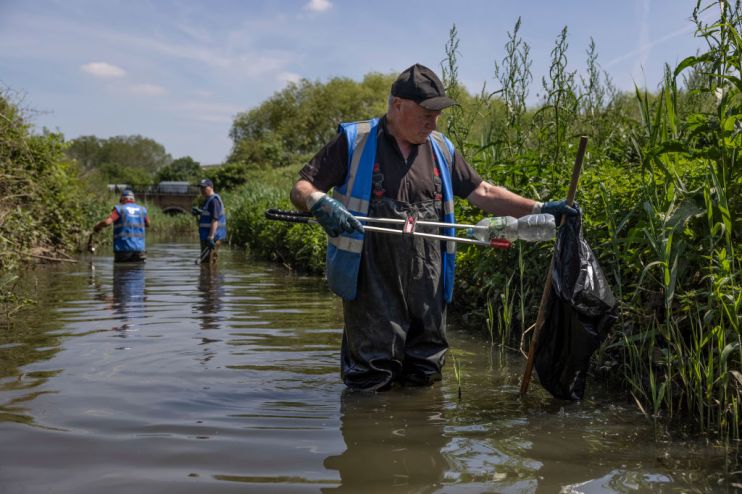‘Polluters must pay’: Therese Coffey announces unlimited fines for environmental damage

Environmental polluters face the prospect of unlimited fines penalties, the government has confirmed.
The current limit of £250,000 on monetary penalties will be scrapped, following a government consultation which received widespread public support.
This will allow the Environment Agency and Natural England to impose heavy penalties without having to go through extensive court proceedings.
The size of the the penalties will take into account the extent of the pollution and degree of responsibility and harm, as well as the polluting company’s size and ability to pay, according to the department for environment, food and rural affairs (DEFRA).
Environment secretary Therese Coffey outlined her department’s intention to allow unlimited fines for polluting water companies in April, and this has now been expanded to include any environmental business.
She hopes this will bolster enforcement and ensure every company that has environmental permits – from energy and water companies to waste operators and incinerators – will be held to greater account.
Coffey said: “Polluters must always pay. We are scrapping the cap on civil penalties and significantly broadening their scope to target a much wider range of offences – from breaches of storm overflow permits to the reckless disposal of hazardous waste.
“It builds on action being taken right across government to stand up for our environment – tackling pollution, protecting delicate ecosystems and enhancing nature.”
DEFRA revealed future fines and penalties will be invested into a Water Restoration Fund, which will be used to improve water quality – in line with the government’s Plan for Water.
However, the most severe cases of environmental pollution will still be subject to criminal proceedings.
The new powers will be permitted under the Environmental Permitting (England and Wales) Regulations 2016, under which the majority of Environment Agency investigations take place.
The watchdog’s chair Alan Lovell said: “We regularly prosecute companies and individuals through criminal proceedings, but these new powers will allow us to deliver penalties that are quicker and easier to enforce, even though the most serious cases will continue to go to court.
“That should be an important deterrent – boosting compliance across a range of sectors, driving down pollution and safeguarding the ecology and prosperity of our natural world.”